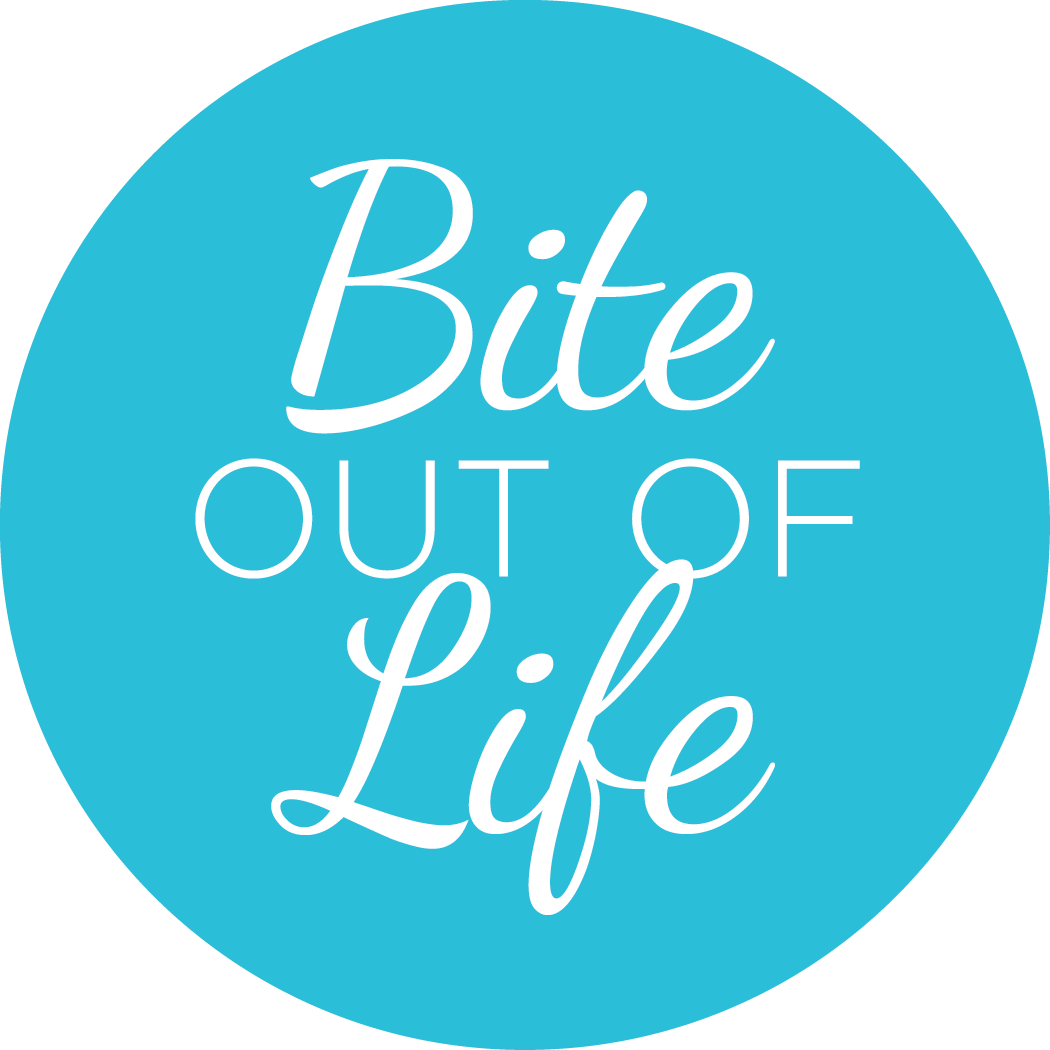 “We will open the book. Its pages are blank. We are going to put words on them ourselves. The book is called Opportunity and its first chapter is New Year’s Day.” – Edith Lovejoy Pierce
“We will open the book. Its pages are blank. We are going to put words on them ourselves. The book is called Opportunity and its first chapter is New Year’s Day.” – Edith Lovejoy Pierce
The start of a new year, new month, even new day holds limitless possibilities for each of us to rewrite our own life stories. But before we are able to move forward, we need to reflect on where we are and how we got there.
This is true whether you are thinking about your health, your weight, your career, your finances or your relationships with family, coworkers, or friends.
There is a temptation at this time of year to make drastic and restrictive New Year’s resolution in an attempt to suddenly become the person you believe you should be. But wait! We all know where this is going to end, right? In 2-3 weeks, an issue or stressor will arise, there will be a falter and suddenly the spiral of defeat will begin and old behaviours will come back to haunt you.
Why does this happen 99% of the time, no matter how much you want to change? Usually it’s because there has been no thought to – or reflection on- what got you to where you are today. If you don’t know what road took you into the forest, how they heck are you going to find your way out?
Especially at this time of year, many clients come to me to discuss weight loss issues. The reasons they give me for why they have gained weight, or been unable to lose it, vary – they are too busy to cook or shop; they had a stressful year because of a job, marriage, kid, parent; they don’t like ‘diet food’; they have no time to exercise. Etc. etc. etc. But the real reason that they have not been successful at rewriting their story is that they have not taken time to think about and document what is really driving them to make a change and more importantly, what are the steps they need to live that change. Everyday. Even on bad days.
Whether it’s embarking on a new way of eating or looking at other aspects of your life, here’s a checklist to help you successfully rewrite your story next year.
ONE: Ask yourself WHY you want to change and be honest. It’s not enough to say “I want to be skinny”. There’s a deeper reason. Is it “I want get to a healthy weight because then it is easier for me play with my kids, or to reduce my risk of heart attack, or carry my groceries, or stop wasting time obsessing about my butt….” Whatever your ‘why’, that clarity is what will get you through the tough days that come with changing behaviour. Dig deep and really think about why change is important for you. If it’s not important, then maybe you aren’t ready?
TWO: Plan – what steps do I have to take in order make these change? That might mean you need to do more of something, or less of something. It might also mean you need to ask for help from a professional or from family members or colleagues in order to succeed. This does not have to be an elaborate document – but you do need to write down how you are going to live your life realistically in a different way. If you are honest, you’ll see where the challenges are going to happen even before they do and be able to tackle them with confidence.
THREE: Consider what will I do when I get discouraged or sidetracked? Sh#t happens – to all of us. The dog gets sick. A project goes haywire. Traffic is wild. You have an argument with somebody important to you. This is going to happen so ask yourself how you are going to deal when life wants to disrupt your carefully crafted plans for change? If they are well thought out, you’ll have a Plan B for when stuff goes south. What or who is your safety net? How will you avoid returning to the same old patterns that took you down the wrong road before? You absolutely know what these triggers are (c’mon, you know you do!) – so think about them ahead of time, write down your strategy and refer to it when that old familiar pattern starts to creep in.
FOUR: Own it – when you get sidetracked, make no excuses. Spend no time whining. It is what it is, the choice is now yours as to whether you waste time and allow negative energy to permeate your life, or whether you pick yourself up and move along. As the great coach Vince Lombardi said about character, “It’s not whether you get knocked down, it’s whether you get back up.” Persistence is the number 1 difference between success and failure for most people.
FIVE: How will you talk about your process of change? Language is a powerful precursor to success or failure. Think about it: if someone tells you that you are stupid, lazy or bad over and over, how long will it be until you start to believe that? So why do you think it’s any different when you say that about yourself and the choices you make? Labelling yourself or your choices negatively is not going to help you view the journey you are making as worthy and positive. Also – it’s critical to keep things in perspective. If you have an unplanned treat or miss your exercise class, this is barely a blip on the scale of life. Even if you go 2 weeks without adhering to the changes you want to make, remember that’s just 4% of the entire year! Consider all the positive things you are doing the other 96% of the time and reframe how you speak about yourself and the changes you are making
This year, don’t make empty resolutions that will lead you nowhere. Instead, fill the pages of your 2013 storybook with the intention to be honest and focused and persistent in your journey. Come Dec. 31 of next year, you’ll have an amazing story rewritten.
